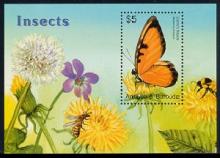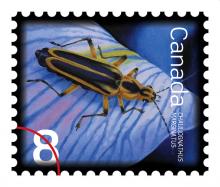Sterben die Bienen wegen Pflanzenschutzmitteln aus Basel und Monheim? Ein Verbot in der EU könnte eine Signalwirkung haben
Heute (07.02.2013) treffen Vertreter der EU-Kommission mit Managern aus der Agrochemie-Branche und weiteren Interessenvertretern zusammen. Da werden garantiert die Fetzen fliegen. Die EU entscheidet Ende Februar, ob 3 Insektizide ab Juli bei Nutzpflanzen verboten werden sollen, die von Bienen gerne bestäubt werden. Kommt es so weit, würde sich laut Berichten von «Südostschweiz» und «Aargauer Zeitung» wohl auch die Schweiz anschliessen. Syngenta bestreitet den Zusammenhang mit dem Bienensterben und macht vielmehr die berüchtigten Varroa-Milben dafür verantwortlich. Gegen einen Verkaufsstopp wehrt sich der Konzern heftig. Die Folgen fürs eigene Geschäft werden aber kleingeredet. Weniger als 0,5 Prozent des weltweiten Umsatzes wären gefährdet. Geschickt wird auf mögliche Folgen für die Bauern verwiesen: Mit Ertragsausfällen von 40 Prozent wird gedroht und einem gesamtwirtschaftlichen Schaden von fünf Milliarden Euro für die EU. Was Syngenta nicht sagt: Ein Verbot in der EU könnte eine Signalwirkung haben. Die Produkte werden in 80 Ländern eingesetzt.










